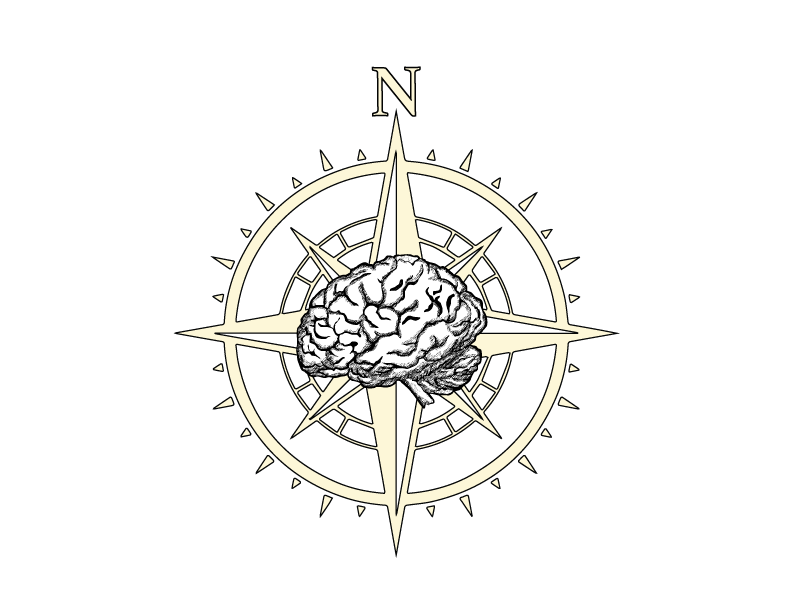True North Neuro
Adult Cognitive | Speech | Language | Communication Neurologic Rehabilitation
Executive Function (EF) Coaching
Communication and Cognitive support for neurodegenerative conditions
Support to find your bearings -
whether you’re recovering, adapting, or redefining
Support for neurological conditions & neurodivergent brains
Cognitive and Communication needs associated with:
Stroke
Concussion/”mild TBI”
Cancer-Related Cognitive Impairment (“chemobrain”)
Traumatic Brain Injury (moderate-severe)
ADHD/”ADD”
Dementias
Functional Neurological Disorders
Executive Functions challenges (secondary to life!)
Brain tumors
Brain surgery
Seizure disorders
Neurological disease (e.g., ALS, PD, MS, HD…..)
Long COVID/neuroinflammation
Age-related cognitive concerns

Book a free consultation
I would love to hear more about your interest in therapy or coaching! I offer 20 minute consultation videoconference or phone calls to discuss your needs, services I offer, and a chance to see if it feels like a good fit. Click below to arrange a time to meet. You can also call or e-mail me:
(406) 213-5272
audra@neurospeechmt.com

